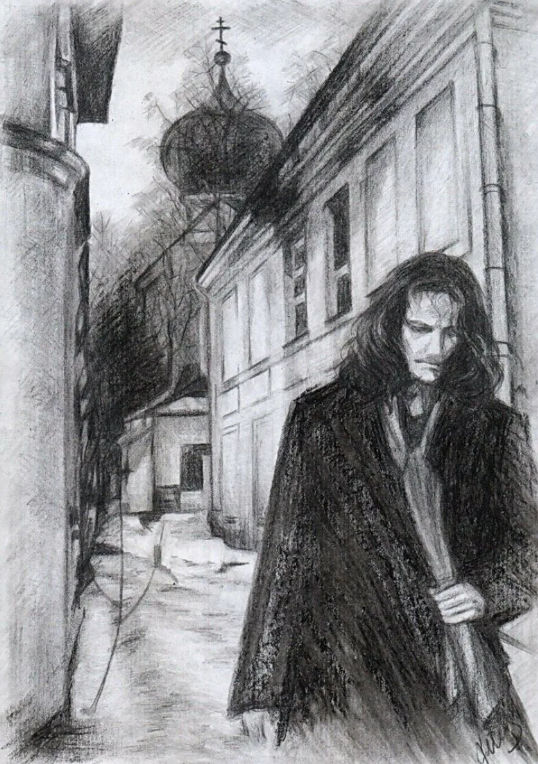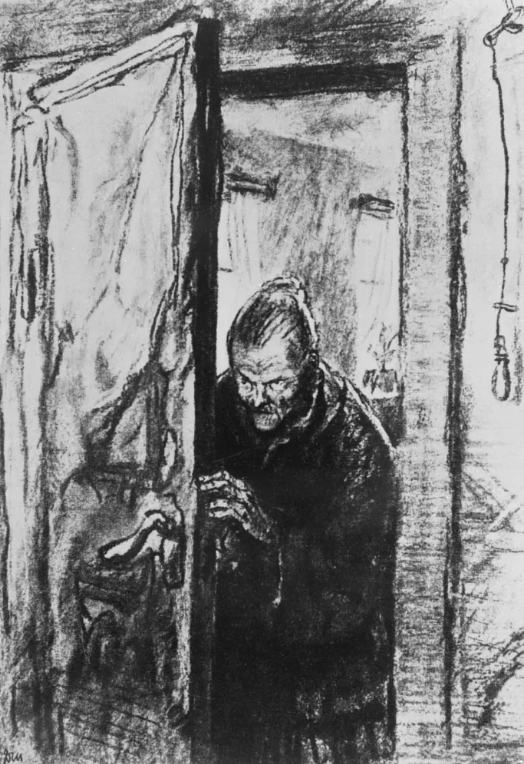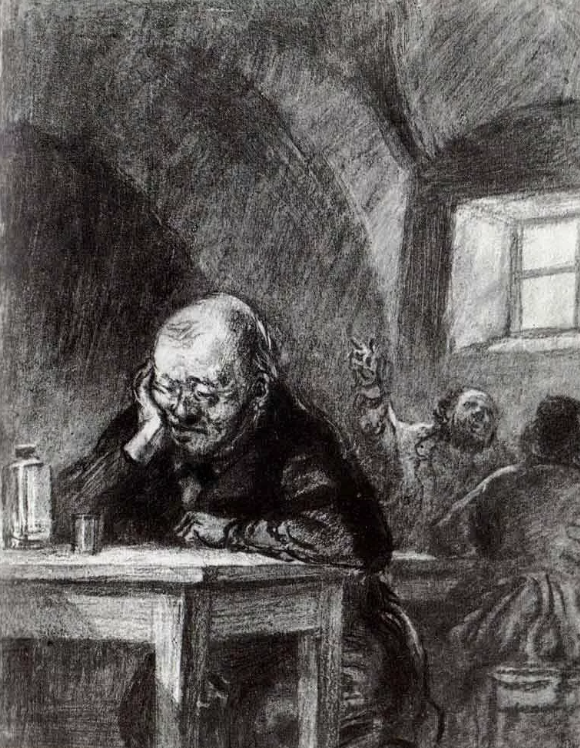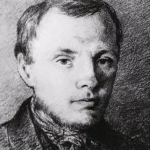
13.01.2023
It is curious that the title of the novel “Crime and Punishment” did not appear immediately.
Version 1: The Treatise of Beccaria
According to researchers, Dostoevsky could have got the idea of the title of the novel from other writers. Thus, a very similar name is given to the treatise of the Italian thinker Cesare Beccaria “On Crimes and punishments” (Ital. “Dei delitti e delle pene”, 1763). In 1803, this treatise was translated into Russian. It is not known for sure whether Dostoevsky read this treatise, but there are suggestions that he did. In addition, it is known that Fyodor Mikhailovich largely shared Beccaria’s views on criminal law and the system of punishments. For example, Beccaria was one of the first to speak out against the death penalty. As you know, Dostoevsky was once sentenced to death in the Petrashevtsev case, so the topic of the death penalty was very important to him. Probably, the title of the novel “Crime and Punishment” was borrowed by Dostoevsky from Beccari, to whom the writer may have sympathized.



Version 2: V. Popov’s article
There is another version of the appearance of the title of the novel “Crime and Punishment”. As you know, Dostoevsky was for some time the editor of the magazine “Time”. In this magazine he printed various materials from the criminal chronicle. In one of the issues of the magazine “Time” for 1863, an article by V. Popov “Crimes and punishments (sketches from the history of criminal law”) was published. This happened a couple of years before the release of Dostoevsky’s novel of the same name. Probably, the title of this article could have pleased the writer and he used it later for his novel.
The meaning and essence of the title of the novel “Crime and Punishment”
In Dostoevsky’s manuscripts for 1865, the new novel still bore the “working” titles “On Trial” and “The Criminal’s Story”. The final version of the title appeared towards the end of the work on the novel. What is the meaning and essence of the title of the novel “Crime and Punishment”? Firstly, in his novel Dostoevsky raises the question of the problems of criminal punishment, in particular that legal punishment does not always frighten criminals. The writer also touches on this topic in the novel “The Idiot” in the person of the nihilist Hippolytus. Secondly, the title of the novel can also be interpreted in this way: punishment for a crime is inevitable in one form or another. A crime is always followed by punishment, even if it is a moral punishment, not a criminal one. So, the most important punishment of Raskolnikov overtakes immediately after the crime: the hero realizes that he broke the life not only of his victims, but also of himself and his family.




